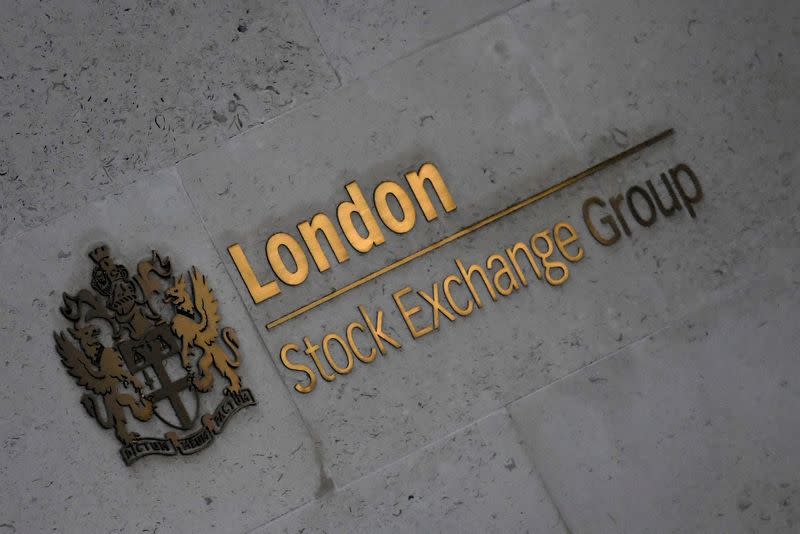In This Article:
By Sinéad Carew
NEW YORK (Reuters) - A global measure of stocks fell for the fourth consecutive day while the dollar gained some ground as the European Central Bank raised rates on Thursday and signalled the need for more tightening a day after the U.S. Federal Reserve also raised rates.
U.S. Treasury yields were lower while oil prices stabilized after sharply declining earlier in the week.
Along with investor indigestion over central bank messaging, Wall Street stock indexes were also under pressure from another rout in U.S. bank shares, which have reeled from the collapse of a third major regional bank over the weekend.
European stocks closed lower after the ECB, the central bank for the 20 countries that share the euro currency, raised interest rates by 25 basis points to 3.25% and signalled that more tightening would be needed to tame inflation.
In contrast to the ECB, the Fed had implied that its marathon hiking cycle may be ending.
While the idea of a pause in U.S. rate hikes was welcome news for U.S. investors, it came with the implication that the economy is slowing, said Lauren Goodwin, economist and portfolio strategist at New York Life Investments in New York.
"This balance between potential interest rate stability and an increase in recession risk is what markets are trying to digest today," said Goodwin.
In particular, the economist saw the Fed's reference to tightening credit conditions as a confirmation of her expectations of an economic downturn.
"It's highly unlikely we'll avoid a recession," Goodwin said. "We're on a clear path toward a recession in the next few months."
The Dow Jones Industrial Average fell 286.5 points, or 0.86%, to 33,127.74, the S&P 500 lost 29.53 points, or 0.72%, to 4,061.22. The Nasdaq Composite dropped 58.93 points, or 0.49%, to 11,966.40.
All three of Wall Street's major indexes marked their fourth straight day of losses. For Nasdaq it was its longest stretch of losses since December.
MSCI's gauge of stocks across the globe shed 0.47% reflecting its first four-day losing streak since mid-March.
In contrast, emerging market stocks rose 0.70% after three straight sessions of declines.
Adding to U.S. investor worries, another U.S. regional bank - PacWest Bancorp - signalled troubles days after First Republic collapsed.
The S&P 500 bank index closed down 2.8% while the KBW regional banking index lost 3.5%.
Tim Ghriskey, senior portfolio strategist at Ingalls & Snyder, noted that concerns about banks, and the tighter lending conditions they are now offering, spilled into other sectors such as the Dow Transports index, which closed down 1.3%.



